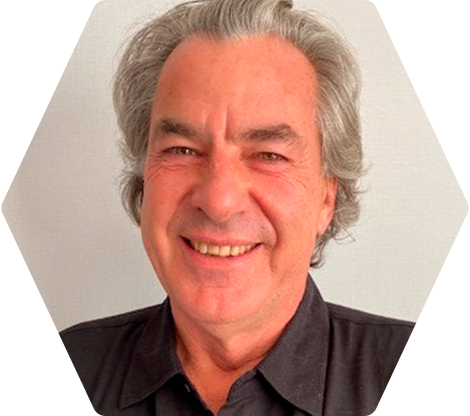Watch now
Date: June 10, 2021
Time: 5:00 p.m. Eastern Daylight Time
Duration: 1 Hour
Language: English
Webinar Overview
The blocking of geothermal reinjection wells by silica-based deposits reduces well permeability and, ultimately, the generation capacity of the geothermal power plant. Conventional well stimulation techniques require a well to be taken out of service for cleaning. In addition to downtime negatively affecting plant profitability, the chemicals used for cleaning are costly and corrosive and pose significant health and safety risks for plant personnel. Additionally, taking a well out of service can result in well stressing.
During this webinar, a novel silica removal technique developed by Solenis will be discussed. Unlike conventional well stimulation techniques, this new approach does not require a well to be taken out of service for cleaning. Significant and sustained restoration of well permeability has been observed in numerous commercial applications using the new technique, offering geothermal power producers an alternative solution with enhanced benefits.
Presenter

Logan Muller
Senior Industry Technical Consultant - Geothermal Power
Logan Muller has 19 years of experience in the geothermal industry and has provided sustainability consulting services to leading companies around the world for more than 30 years. For the past three years, Logan has led the geothermal research and development efforts at Solenis, focusing on developing novel chemical and digital technologies to address scale and corrosion. He is credited for recently developing an online cleaning technique that has helped geothermal power producers generate millions of dollars in profit by improving reinjection well capacity.
Logan has undergraduate qualifications in water science and hydrology engineering, a master’s degree in international business, and a doctorate in sustainable practices.